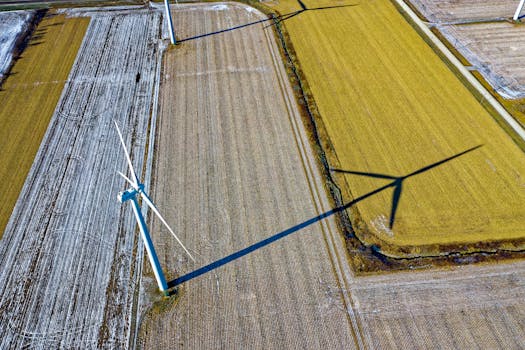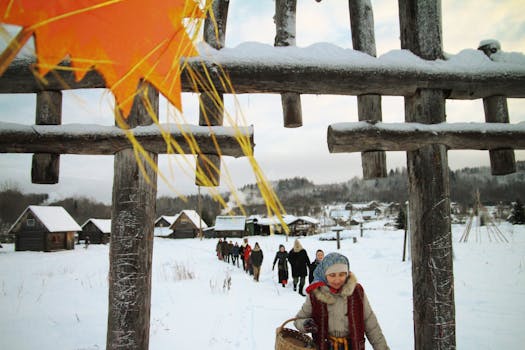Hiding in the fields - farm workers fearing deportation stay in California's shadows
Byline
Author: Jane Thompson
Content
Saabge Firthook is a migrant farm worker in California's Central Valley, but he fears speaking to the press or taking portraits for this article because he lacks the proper documentation. While politicians and policymakers debate immigration reform and the future of the country's guest worker programs, tens of thousands of workers like Saabge remain in the fields, picking the produce that feeds much of the United States.
Fearing deportation and with limited rights, they work in harsh conditions for low wages in the fields of one of the nation's most productive agricultural regions. They tend to rows of vegetables, trees, and crops in temperatures that can reach 120°F (48°C) in the summer and fall. Their work is overseen by agricultural corporations that often dictate their pay, housing, and migration patterns.
Some have been living and working in the United States for decades, but because of their immigration status, they have limited access to basic public services like healthcare and education and are vulnerable to exploitation from employers.
Despite these challenges, community groups are working to support these workers through know-your-rights campaigns, emergency response networks, and efforts to document abuses and wage theft.
Meta Description
Tens of thousands of farm workers live in fear of deportation, lacking proper documentation. This exposes them to harsh working conditions with limited rights and low wages. Despite this, they are crucial in providing food for the nation. Learn more about their crucial role in feeding the nation and the challenges they face.




